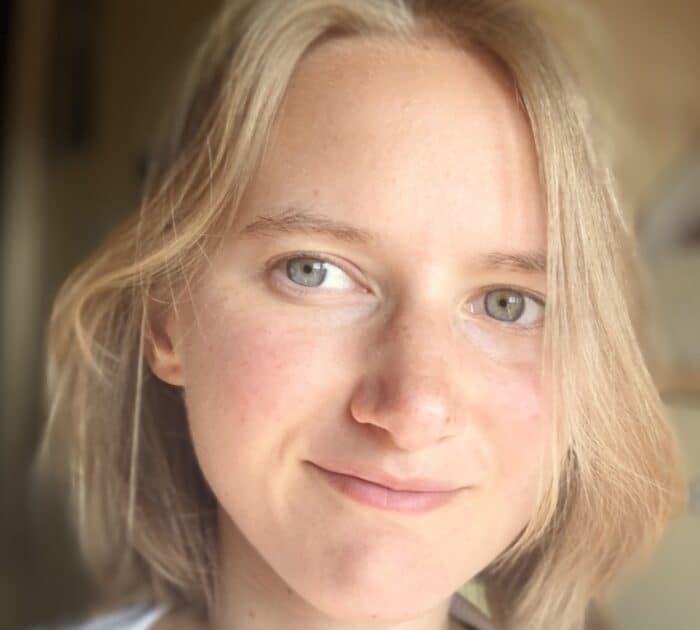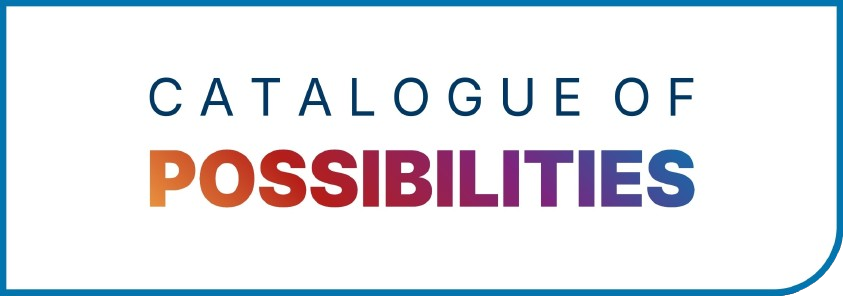Dr Tiffany Vlaar she/her

Lecturer
Mission Priority Areas
Although machine learning is becoming increasingly ingrained into our society, there remain many unanswered questions on the theoretical foundations of deep learning. My research agenda aims to further our understanding of deep learning and to use physics-inspired approaches to make neural networks more practical and reliable for use in real-world applications. I’m especially passionate about climate change applications. For example, by designing more efficient ways of training neural networks, I aim to limit the resulting carbon footprint. I am a Member of the ELLIS (European Laboratory for Learning and Intelligent Systems) Society (https://ellis.eu/).
I’m keen to form supervisor teams with diverse perspectives, such as with domain experts in climate change applications, e.g. on physics-informed AI for the electrical grid, catalysts for renewable energy storage, and efficient network training. As a concrete example, I’m co-supervising a PhD rotation project for the Ecological Data Science Leverhulme DTP with Dr. De Clippele (primary, UGlasgow) and Dr. Smith (UCopenhagen) on interactive machine learning for automated marine biodiversity monitoring. As another example, I am co-supervising a MSci project with industry co-supervisor Dr. Hodgson (CreditNature) on Simulating Scottish Ecosystems for Landscape Ecology Metrics.
I actively build and promote interdisciplinary collaborations, e.g. by co-organizing the: Mathematics of Machine Learning One World Seminar, NeurIPS 2022 Climate Change AI social for ECRs, and ICLR 2023 workshop “Mathematical & Empirical Understanding of Foundation Models”. I have been invited to present my work for diverse audiences, e.g. Oxford Data Science, Max Planck Institute MIS Deep Learning Theory, and CRM Applied Mathematics seminars, and strive to communicate ideas clearly, to reduce barriers for researchers from different disciplines to get involved. I want my students to have the same opportunities and skillset. I’ll actively encourage them to engage with my network and promote their work. Further, I‘ve previously organized events on diverse career paths in academia & industry, and will work with my students to formulate their goals and support them in working towards these.
Increasing diversity in research is important to me. I co-founded the Piscopia Initiative (piscopia.co.uk, now led by a new generation) to increase participation of women and non-binary people in PhDs in Mathematics & wider STEM. I am also general chair of the Women in Machine Learning (https://www.wiml.org/) workshop at the NeurIPS 2024 conference.

